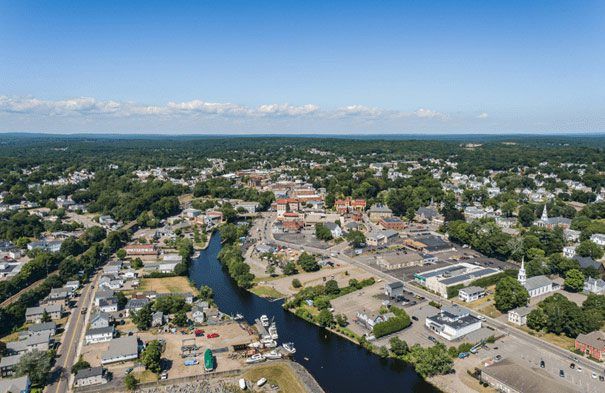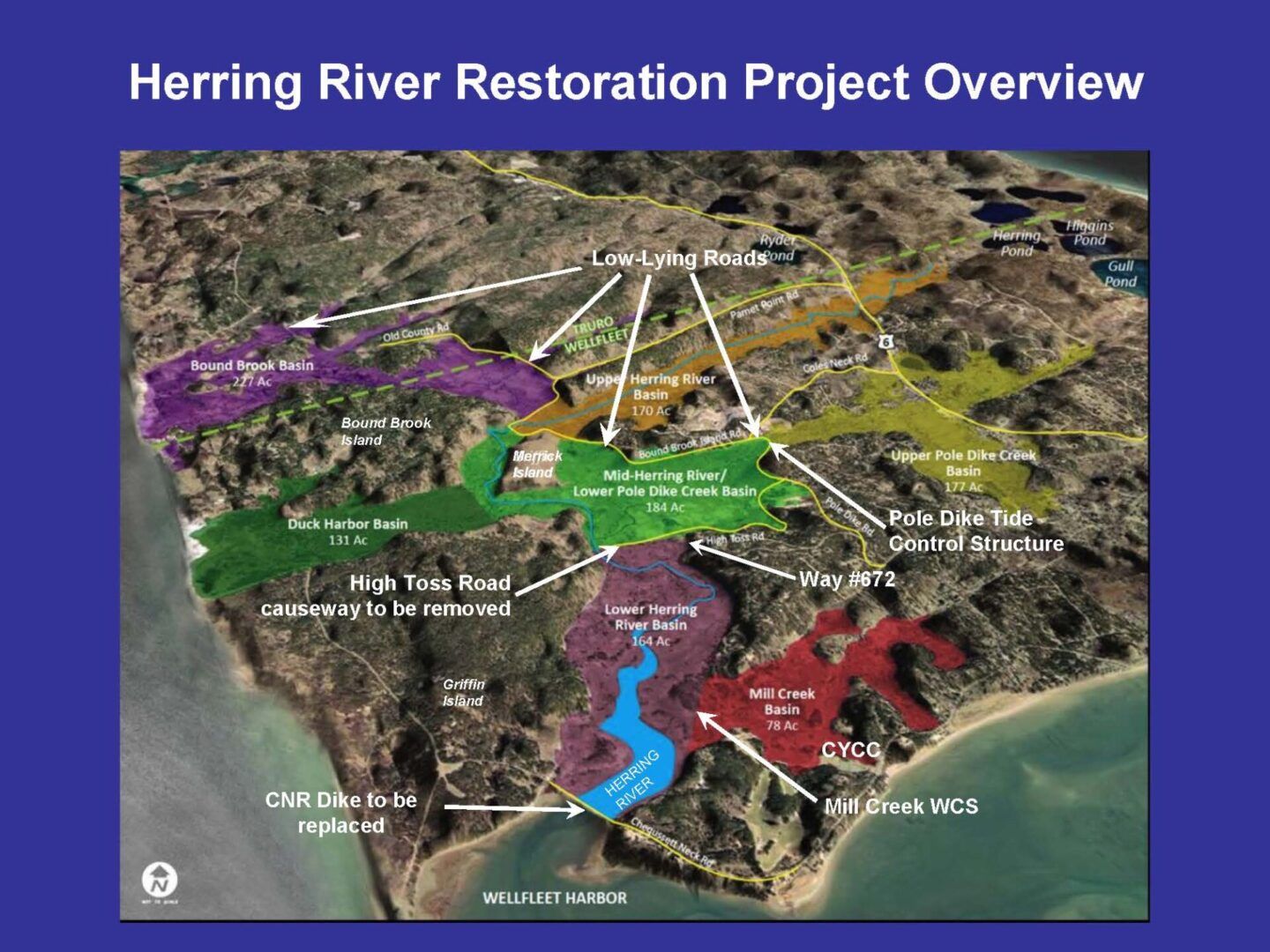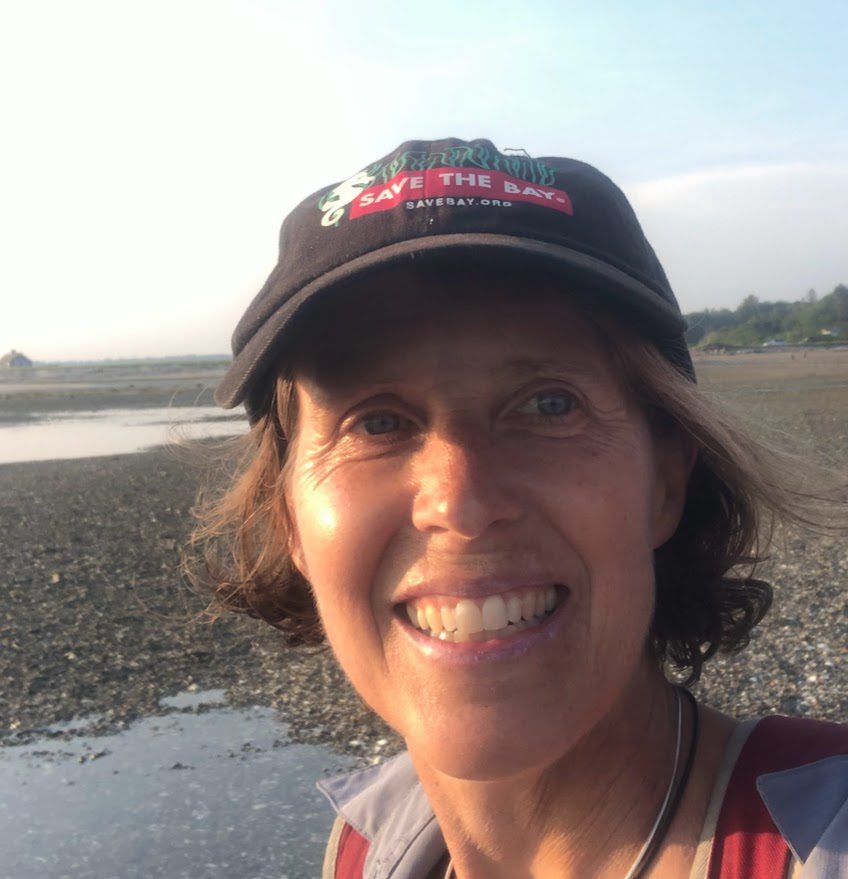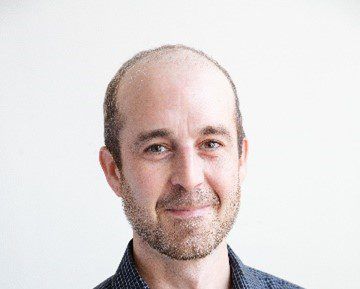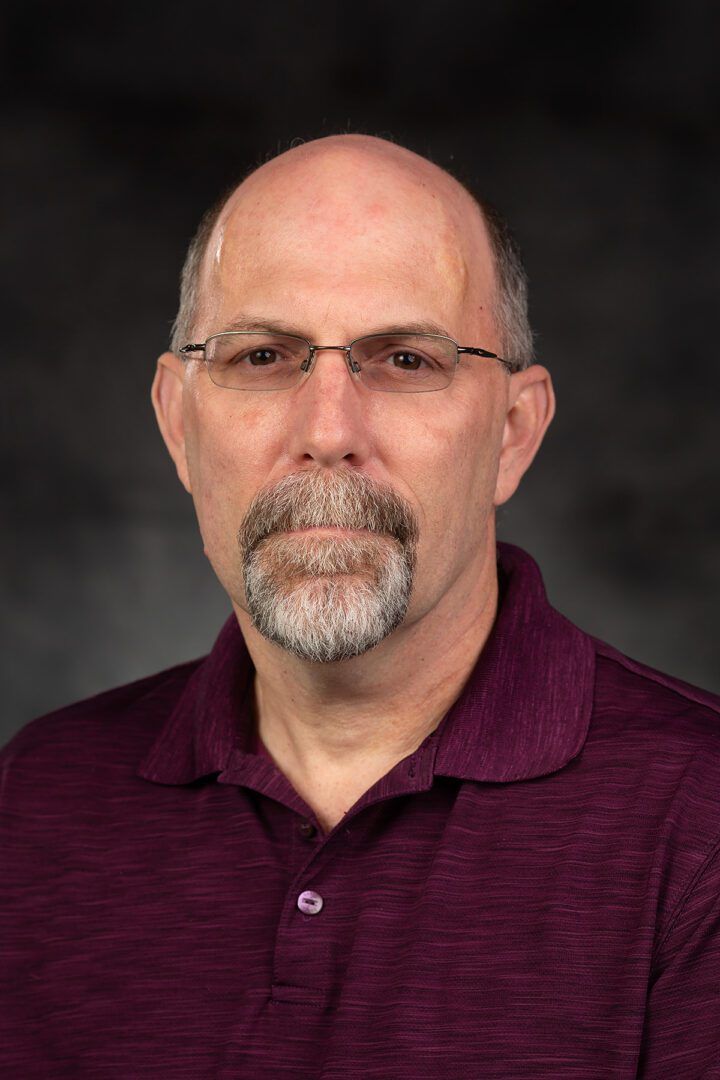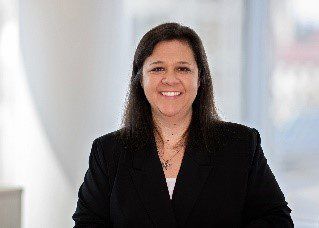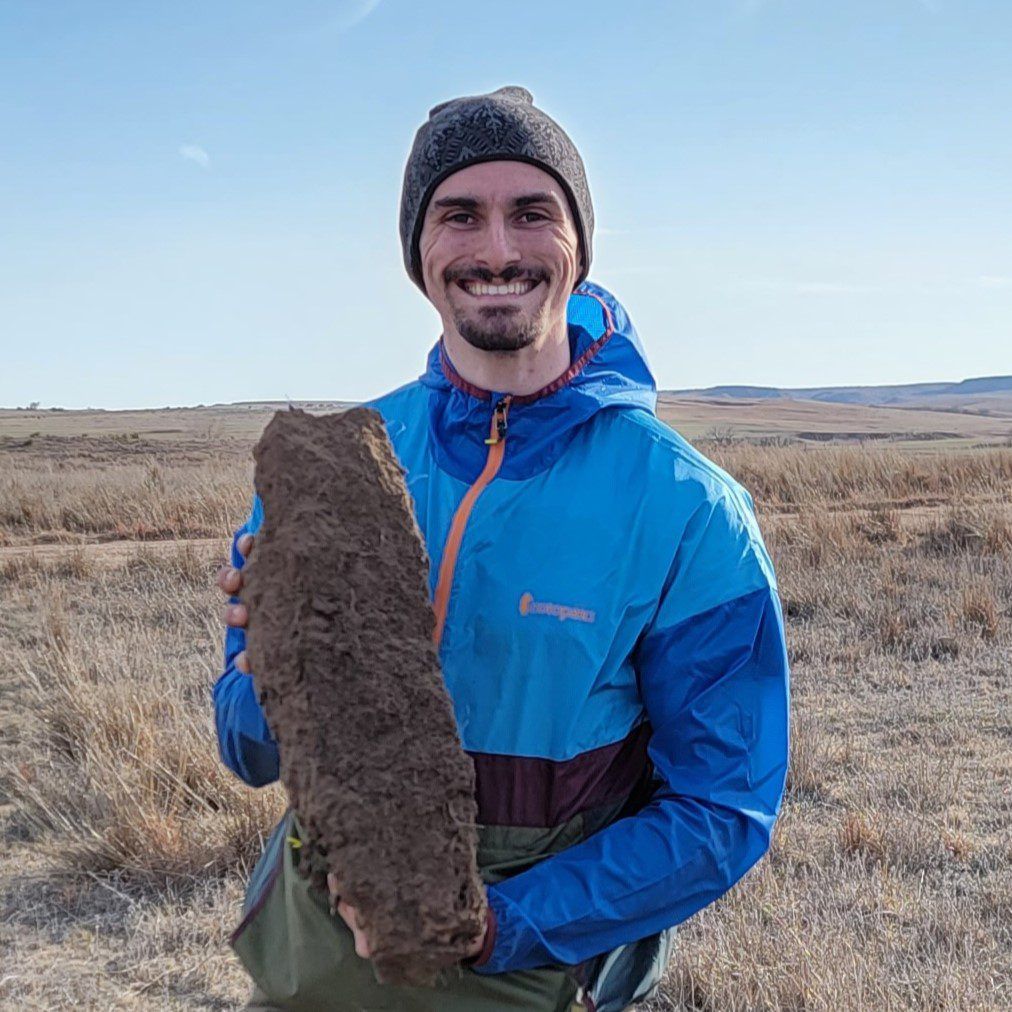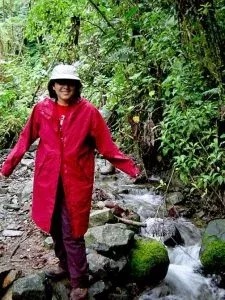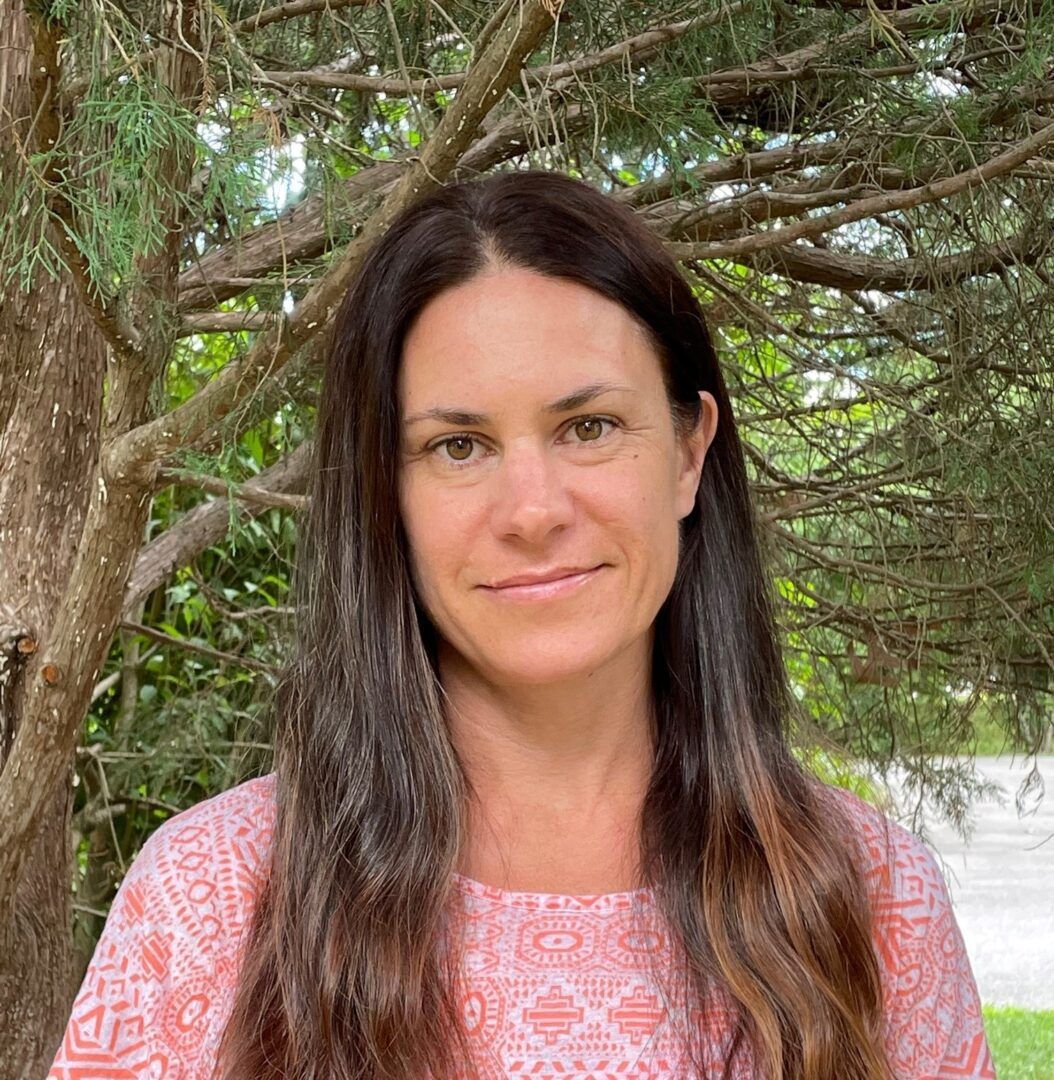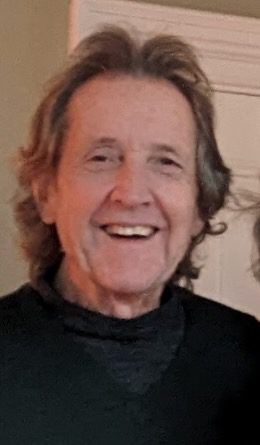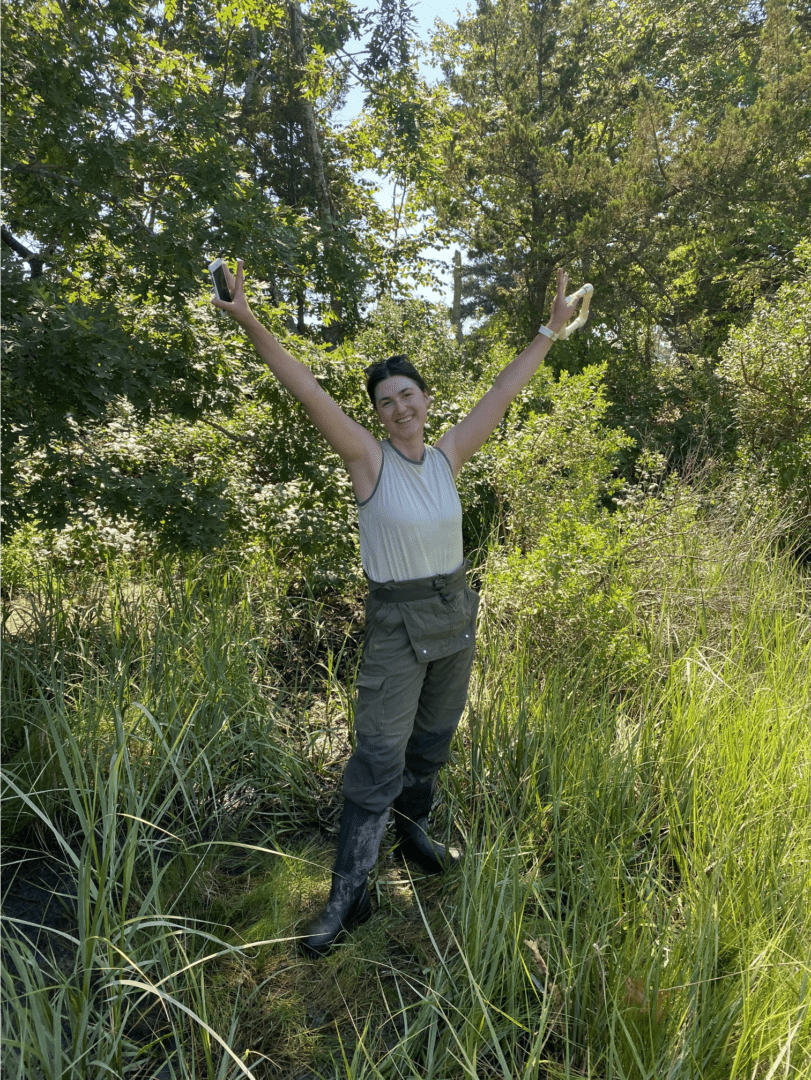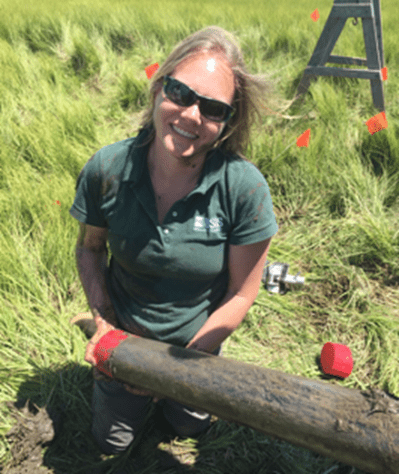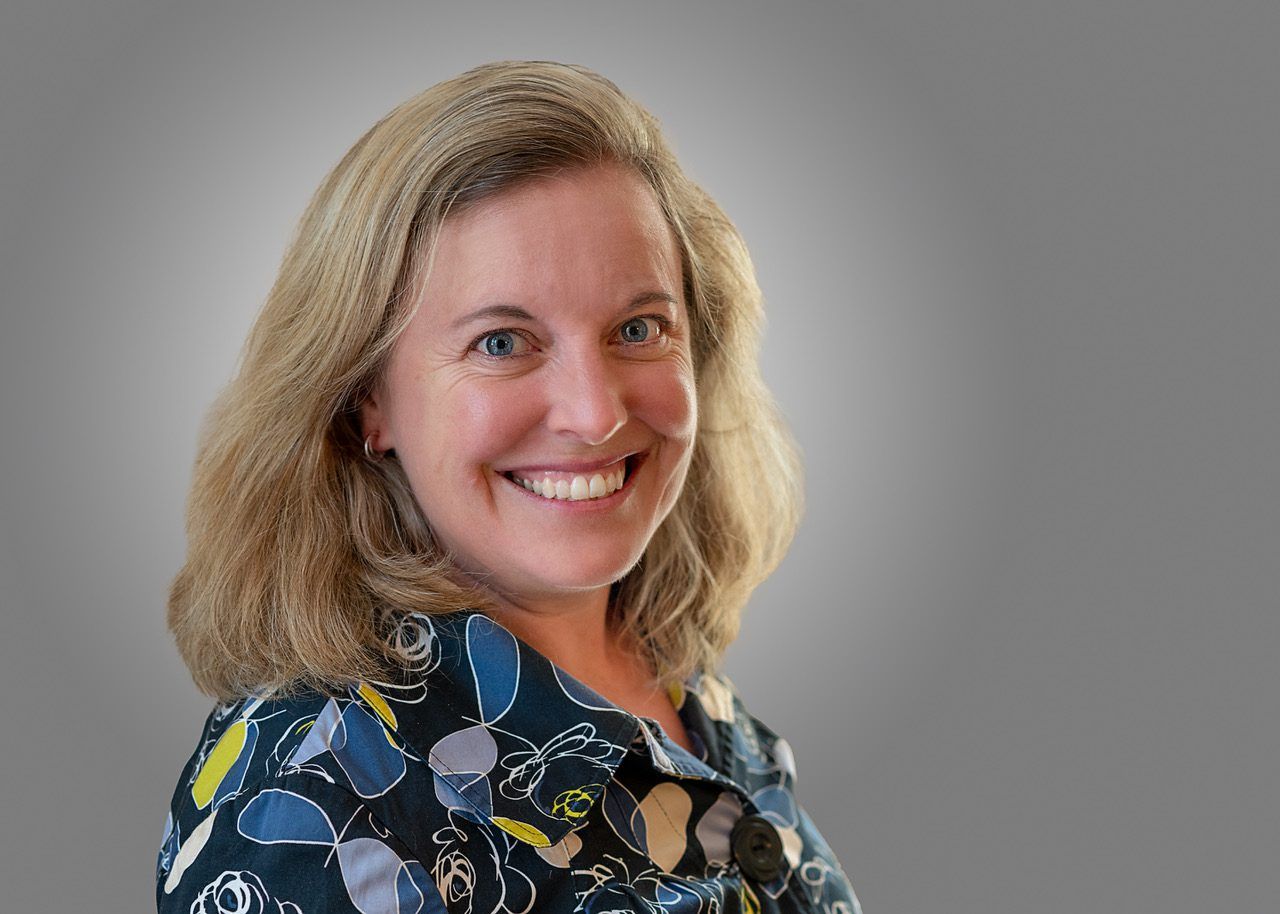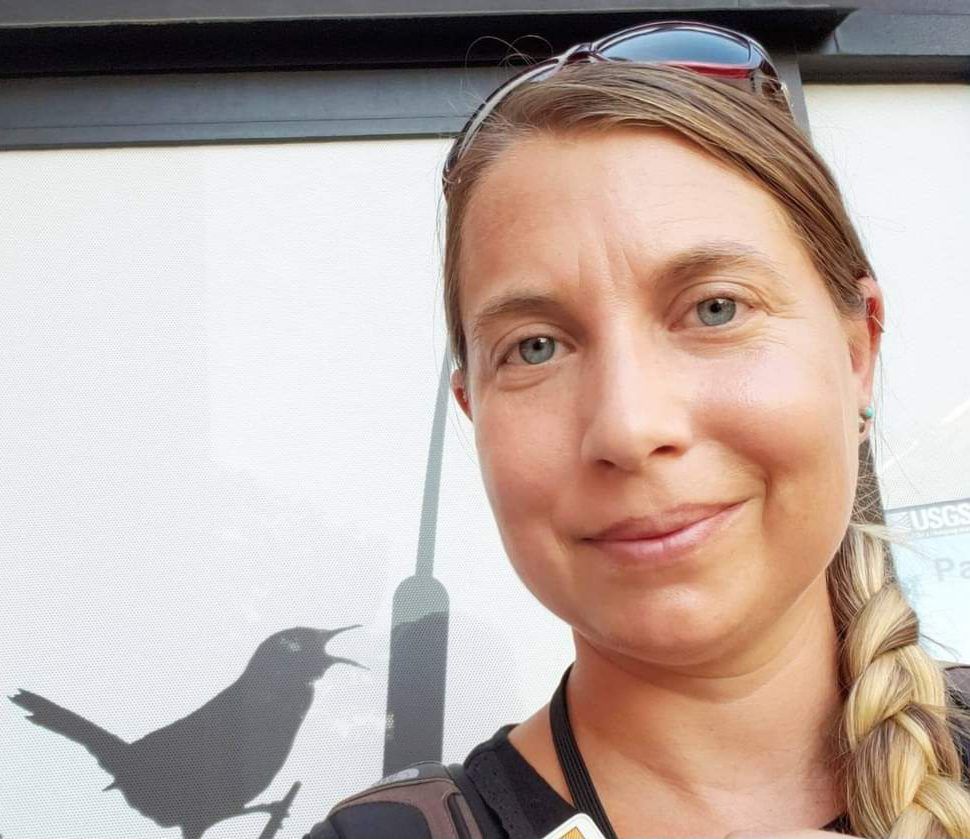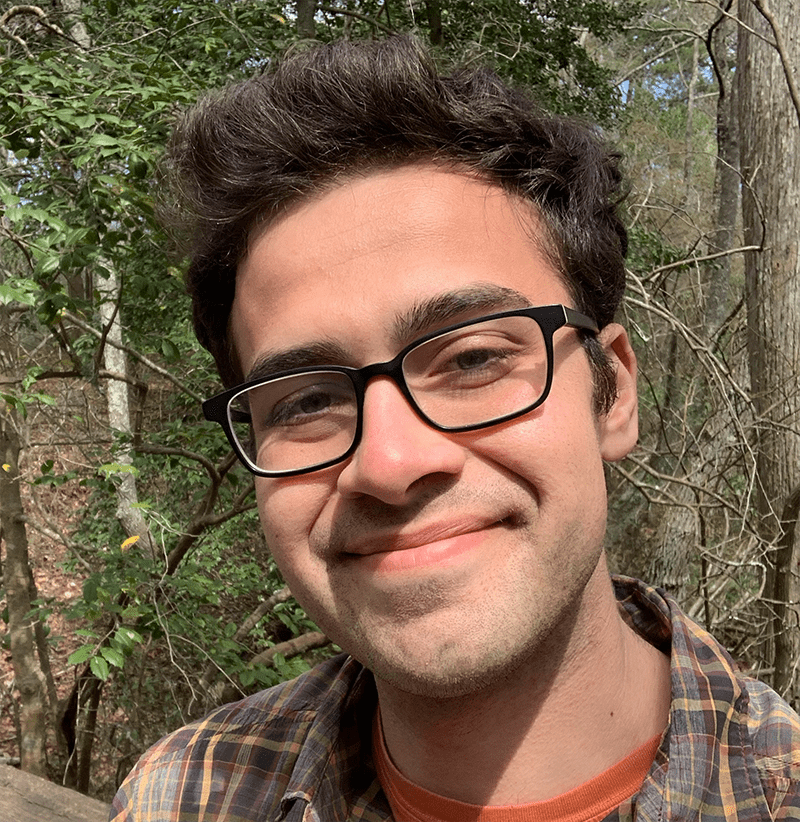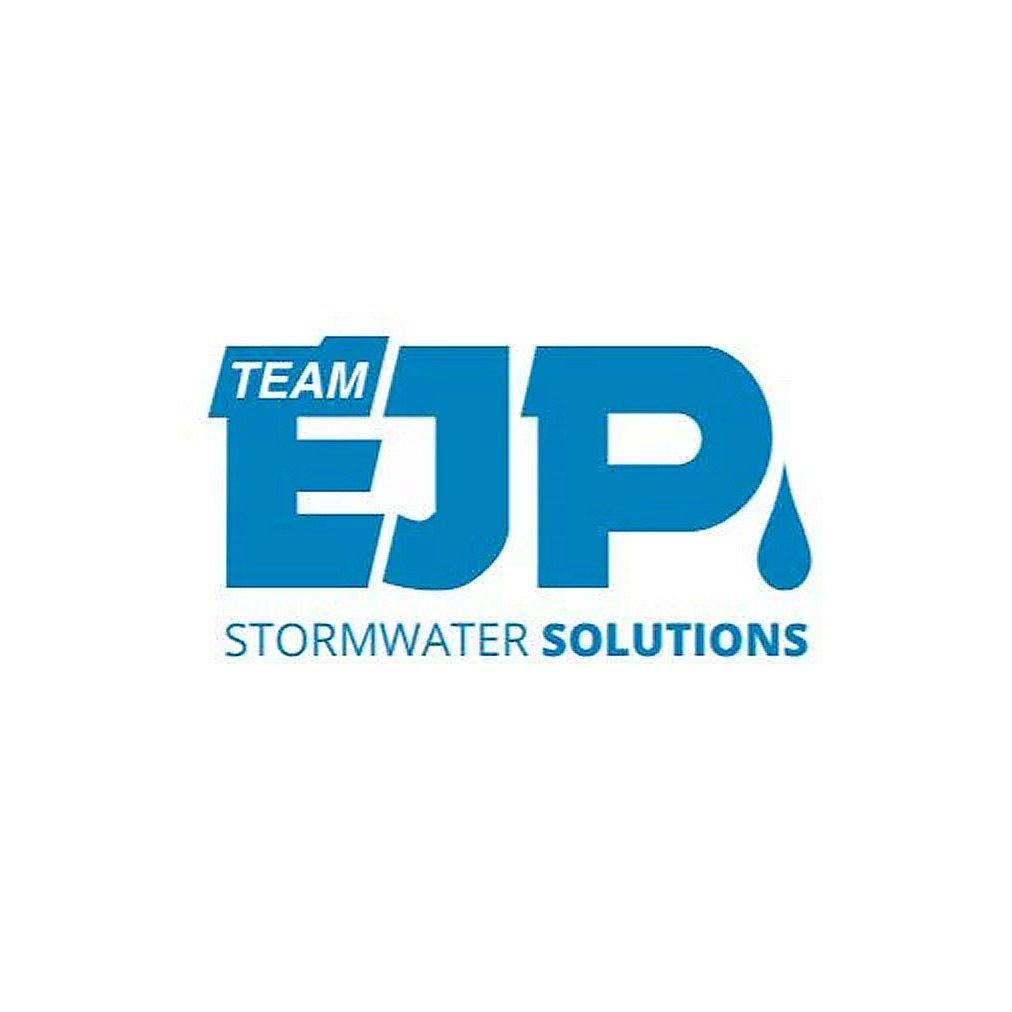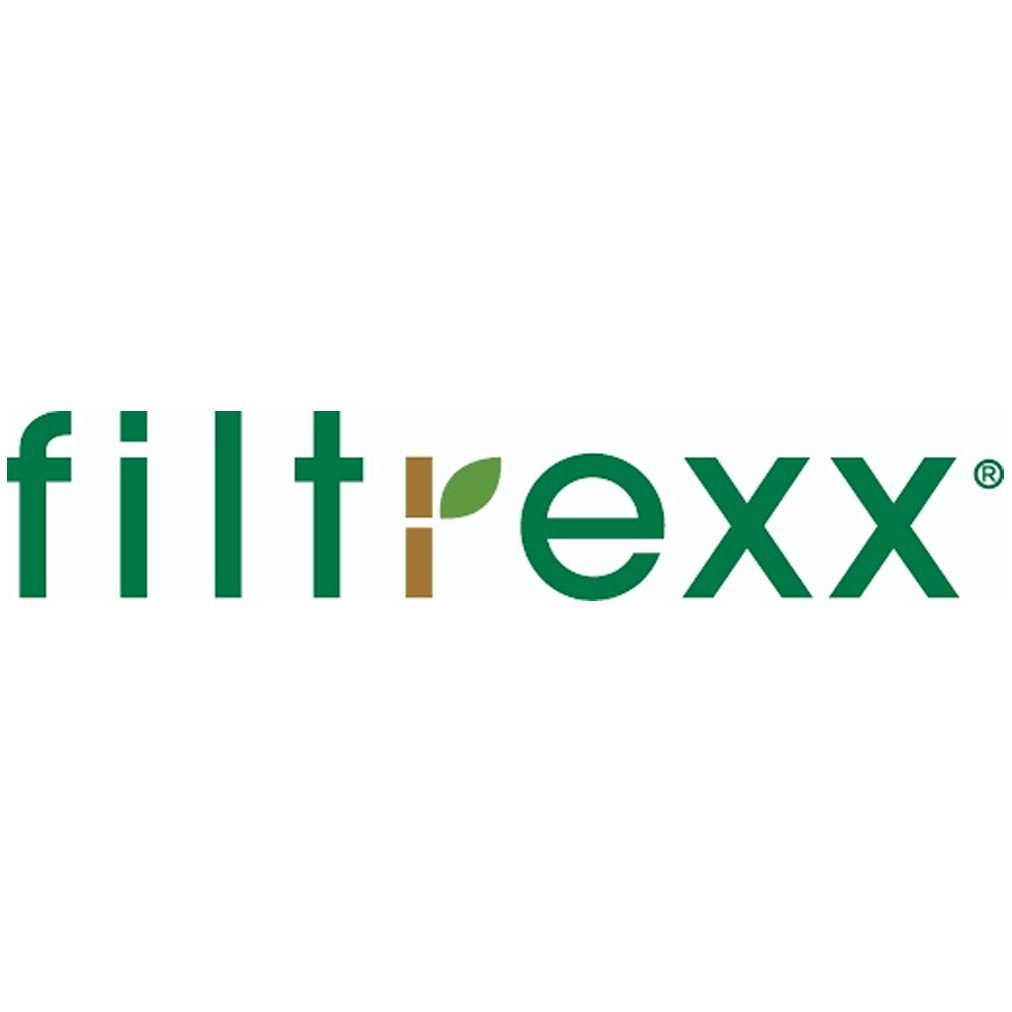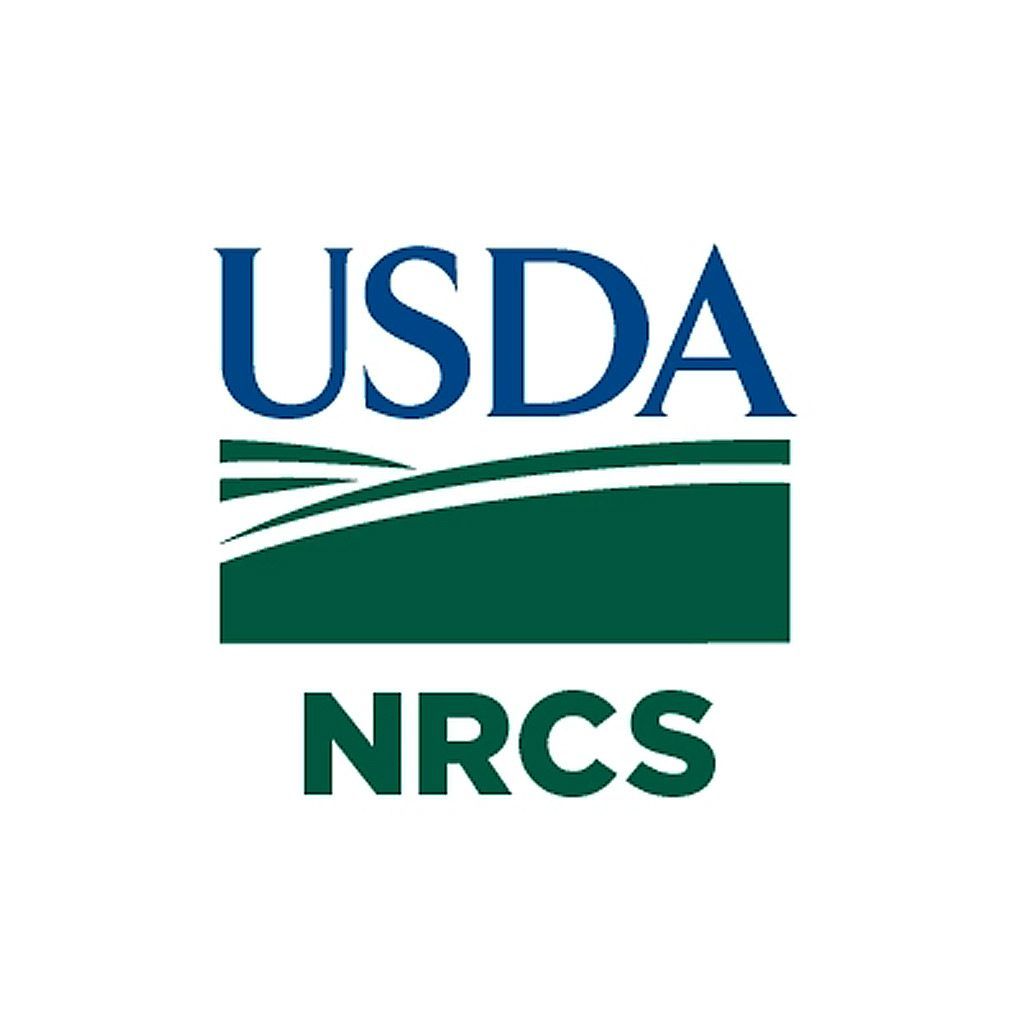Westerly RI became a certified town in the statewide Municipal Resiliency Program in 2019. Working hand-in-hand with the Southern RI Conservation District, Westerly has participated in a conceptual stormwater design training grant by the Southern New England Program (SNEP).
Building on that, planning and implementation funding was obtained from RIDOT, Westerly, Narragansett Bay Estuary Program, and Rhode Island Infrastructure Bank to pursue Westerly’s resiliency goals relating to water quality, flooding, relationship to the Pawcatuck River, and support for Westerly’s economic development as a gateway town to RI. The team is currently designing a conceptual stormwater masterplan for downtown Westerly along Main St. with the help of Engineering and Landscape Architecture firm Fuss and O’Neil. The Stormwater Masterplan will integrate a variety of green infrastructure features along the streets and on both Town and private properties that will reduce flooding, filter pollutants from stormwater, provide pollinator and bird habitat, improve air quality, and add beauty and walkability to the economic center of Westerly.




